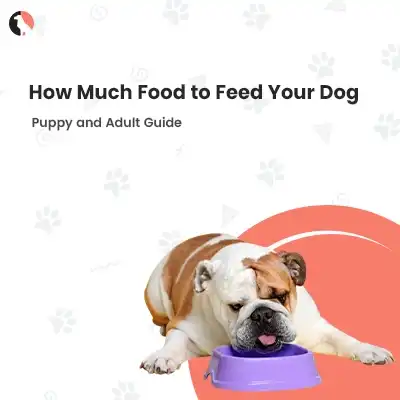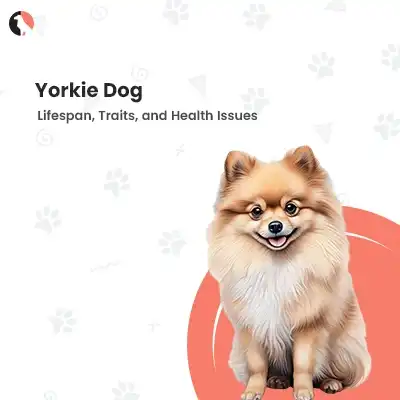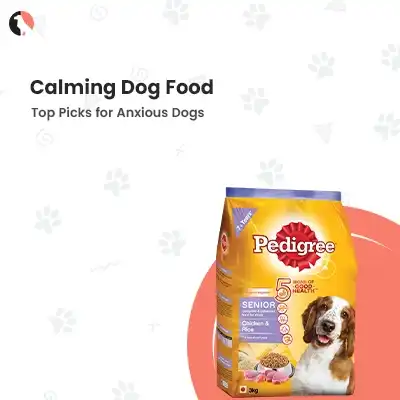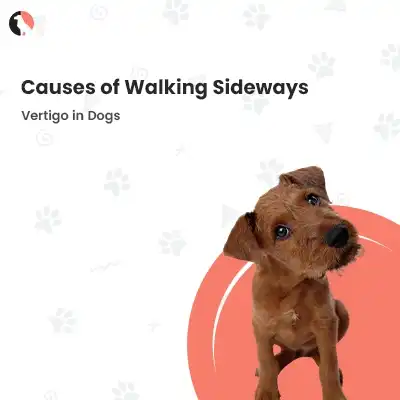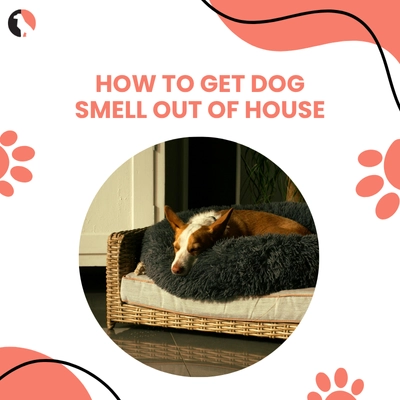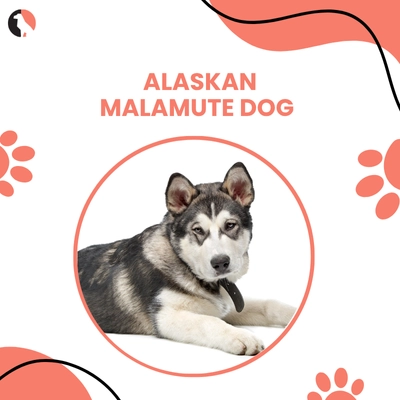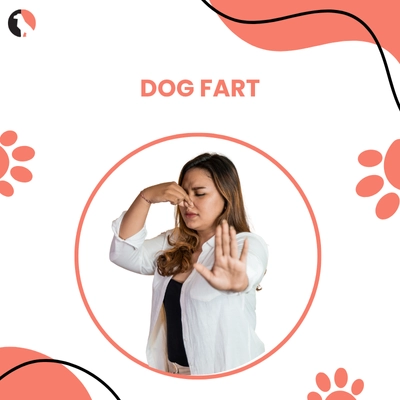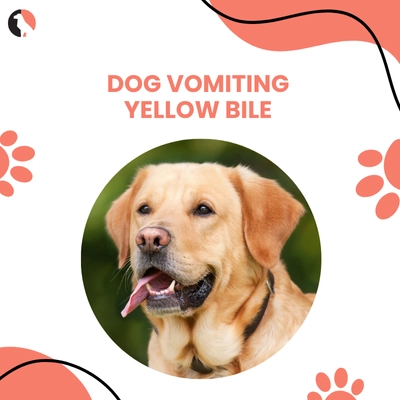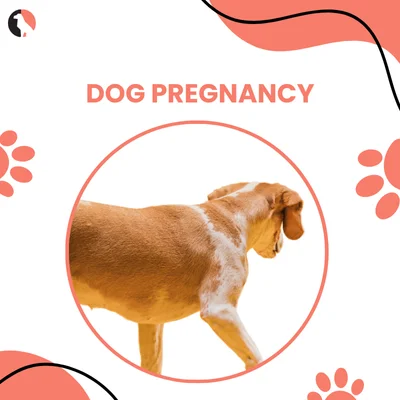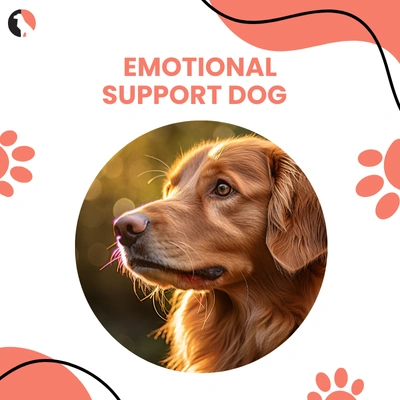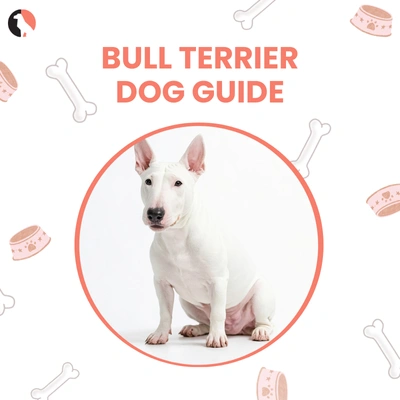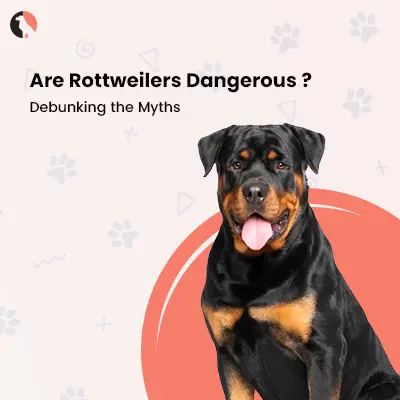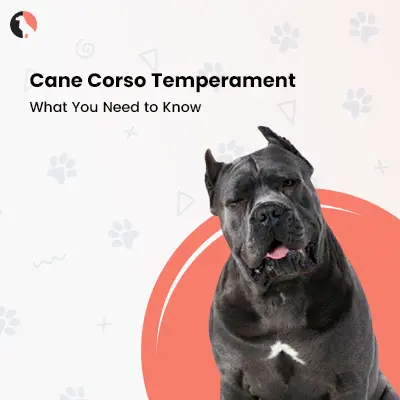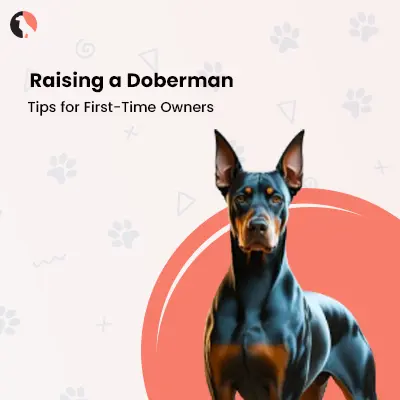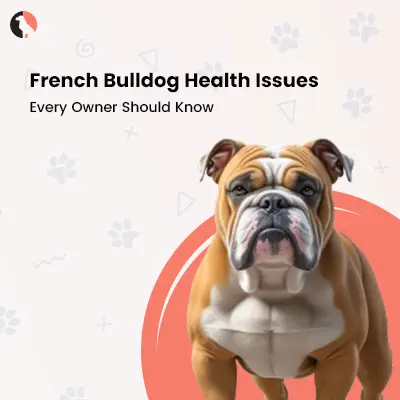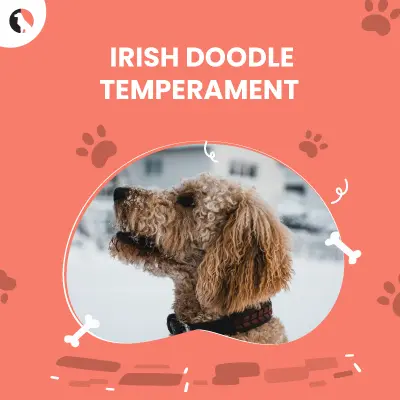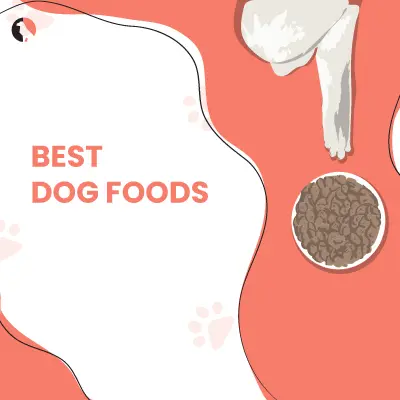It is scary to witness your dog vomiting white foam. Usually, this foamy vomiting occurs on an empty stomach or when the stomach of a dog is irritated. It can be a simple thing, such as slight indigestion, or it could be something more, whatever requires attention. Sometimes white foam might be the result of the combination of saliva, a gas, and stomach acids.

Instead of vomiting, dogs may cough up foaming, especially in the case of a respiratory infection. The catch to it is that the reason may be as mild as eating too quickly, acid reflux or infection, such as kennel cough, to the more severe pancreatitis or bloat.
Here, we will discuss the prevalent causes of your white-foam vomiting dog, the home remedies you can employ, and the indications that you need to visit the veterinarian. The knowledge of the signs will also guide you to take action in time and prevent the further deterioration of the health of your furry friend.
Severe Causes of Throwing Up White Foam
Bilious vomiting syndrome (Empty Stomach)
In case the dog has gone without food for some time, bile and stomach acid may accumulate and result in white or yellow foam vomiting. This is usually observed in the morning.
Eat Too Quickly or Grass
Dogs which swallow food or eat grass may have problems with their stomachs. It may even cause foamy vomit when the body attempts to eliminate the irritant.
Acid reflux or Indigestion
Dogs also could develop acid reflux just like human beings. This can also make them vomit white foam, particularly after meals or at night.
Kennel cough or Respiratory infections
It may also happen that white foam in your dog’s mouth is not vomit, and it may be a symptom of kennel cough or other airway disorders.
Stroke or Stomach problems
One can also get more life-threatening causes of white frothy vomit, such as pancreatitis or bowel infections. These are normally accompanied by other symptoms such as appetite loss, fatigue or abdominal discomfort.
Bloat (Gastredkiale Dilatation -Volvulus)
It is a life-threatening condition that results in a swollen belly, ineffective vomiting, and white foam. For such a case, contact a vet quickly as its an emergency case.
Why is my dog throwing up white foam
It is not the time to panic when your dog vomits white foam, and the dog is alright. It can be a small thing like hunger or rapid eating. The following are what you can do:
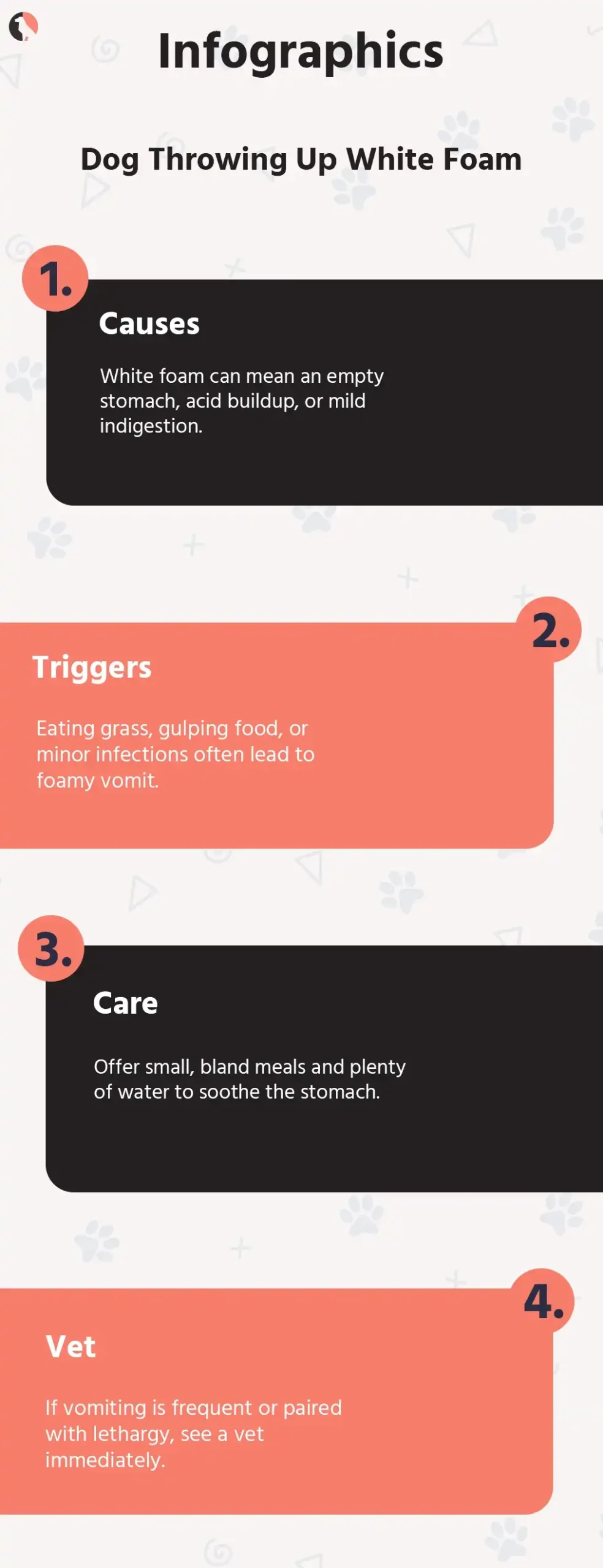
Observe Closely
Monitor your dog for 12-24 hours. Be careful of changes in behavior or energy, appetite loss or additional vomiting.
Serve Insipid, Miniature Mealtimes
In small quantity, feed your dog white cooked rice and chicken. This may help clear your dog’s stomach. Do not take treats or fattening foods during this period.
Look to see if you are dehydrated
Hold the neck of your dog’s loose skin slightly. When it takes over two fingers to snap back, then your dog is dehydrated and might require fluids.
Make Your Dog Calm
Things are even worse when caused by stress or excitement. Put your dog in a calm area.
Administer No Human Medications
Do not offer your dog any medication without the permission of your vet. Certain drugs used by human beings are toxic to pets.
Call Your Vet in Case You Observe the Following:
- Bouts of vomiting twice or more
- Otherness or trembling
- Bloated belly
- Hard breathing or coughing
- Failure to take in foods and liquids
Tests administered by your vet can locate the cause and propose treatment.
Preventing the Incidence of Bubbles Coming From Mouth Dog
Stopping the white foam vomiting can sometimes boil down to good care, a consistent schedule, and a fast reaction when you realize something is not right. The following steps will assist in keeping your dog feeling good:
Give Less and More Often in Meals
Do not make your dog wait very long to eat. Not more than three meals a day should be consumed to trigger bile build-up.
A Slow Feeder Bowl can be used
In case your pet dog eats too fast, you can use a slow feeding dog bowl. It prevents excess air from being swallowed into the body and irritating the stomach.
Avoid Table remains and Spoilt Food
Limit food and treats to those that are safe for dogs. Human foods that are rich or fatty can also aggravate the stomach of your dog thus leading to vomiting.
Don’t Miss Vet Appointments
Regular visits may ensure that small problems are detected on time. Your vet may also advise a diet that meets the needs of your dog.

Avoid Stress and Surprise Change
There is nothing dogs like more than routine. Keep feeding time, walks and playing as regular as possible. Sensitive dogs develop an upset stomach at loud noises or exaggerated changes.
Look Out Allergies or Sensitivities
Some ingredients do not go well with some dogs. And in case the vomiting is very common, do address with your vet to experiment with a hypoallergenic or sensitive-stomach type food.
For more pet care tips, visit our site ibelu


